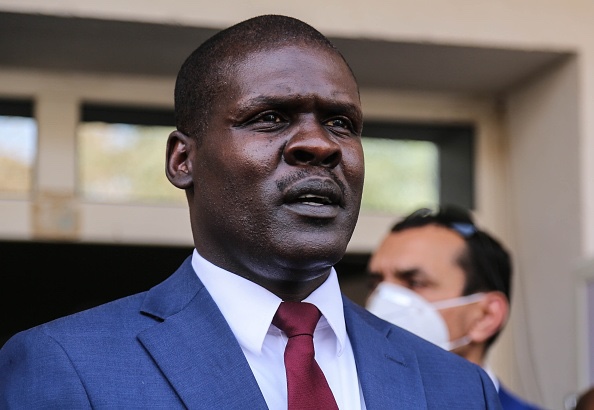Statements by former transitional Justice Minister Nasreddine Abdel Bari during the transitional justice conference on Saturday about agreeing with the military component on a conditional amnesty for what he called ‘indirect crimes’ faced widespread criticism and anger among revolutionary forces and legal circles.
Lawyers and activists in the resistance committees criticized the former justice minister’s talk of what he described as being in exchange for ensuring a civil transition.
Legal expert Dr. Mohamed Abdel Salam told Radio Dabanga that from a legal point of view, no one has the right to pardon on behalf of anyone, but within the framework of the general settlement, we must sit down with the families of the martyrs and displaced people in the camps and consult with them.
For his part, lawyer Youssef Adam Bishr criticized the talk about amnesty and immunities and said that there is no party that has the right to waive the public right, whether it is an official or political body, and considered this wrong and contrary to the law
The issue of justice and retribution for the killers of demonstrators during protests demanding civilian rule in Sudan is essential in the eyes of the resistance committees and the families of the victims, who demand that the military be prosecuted for the massacre of the General Command and the killing of demonstrators after the military coup carried out by the generals on October 25, 2021.


